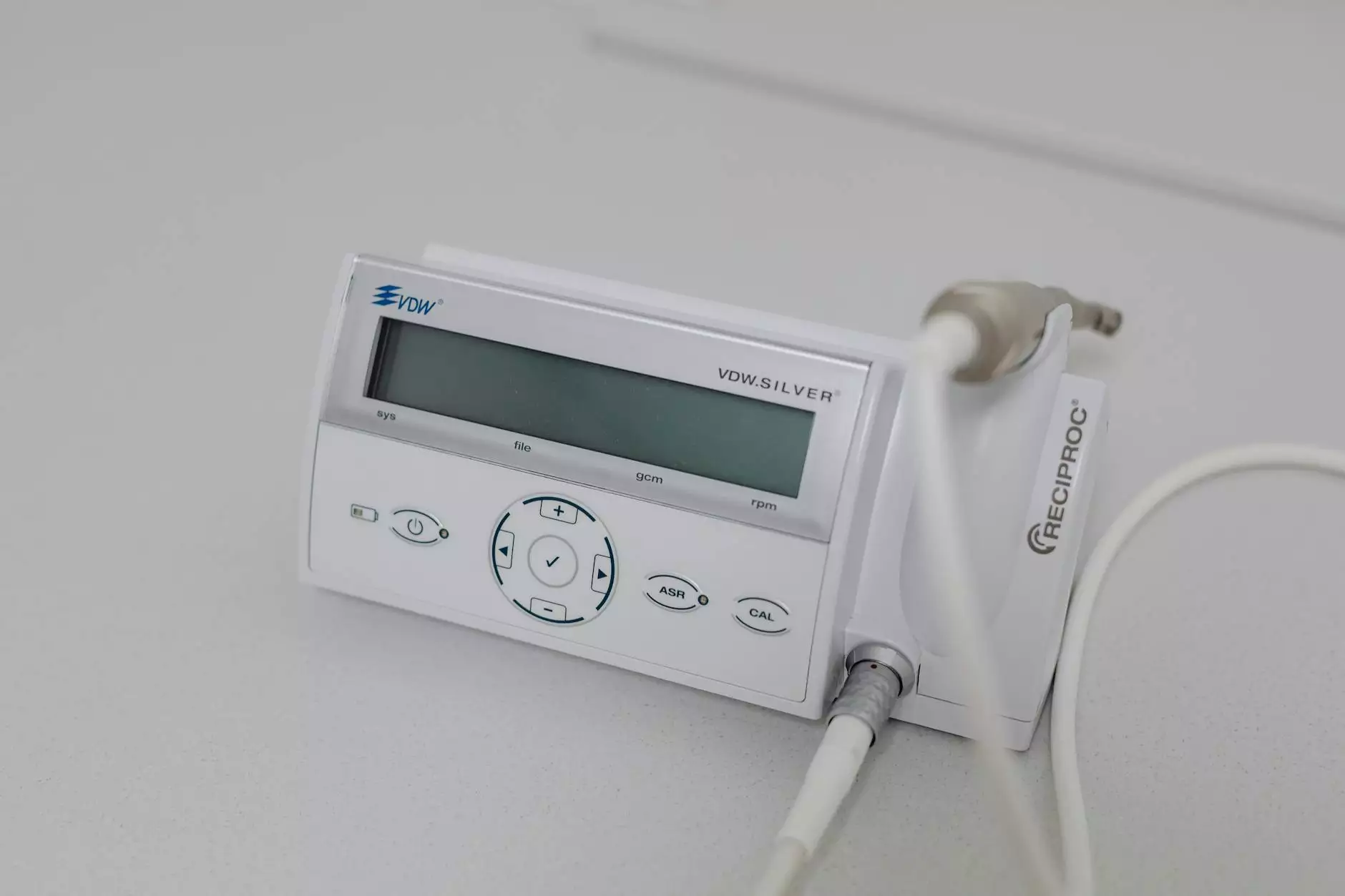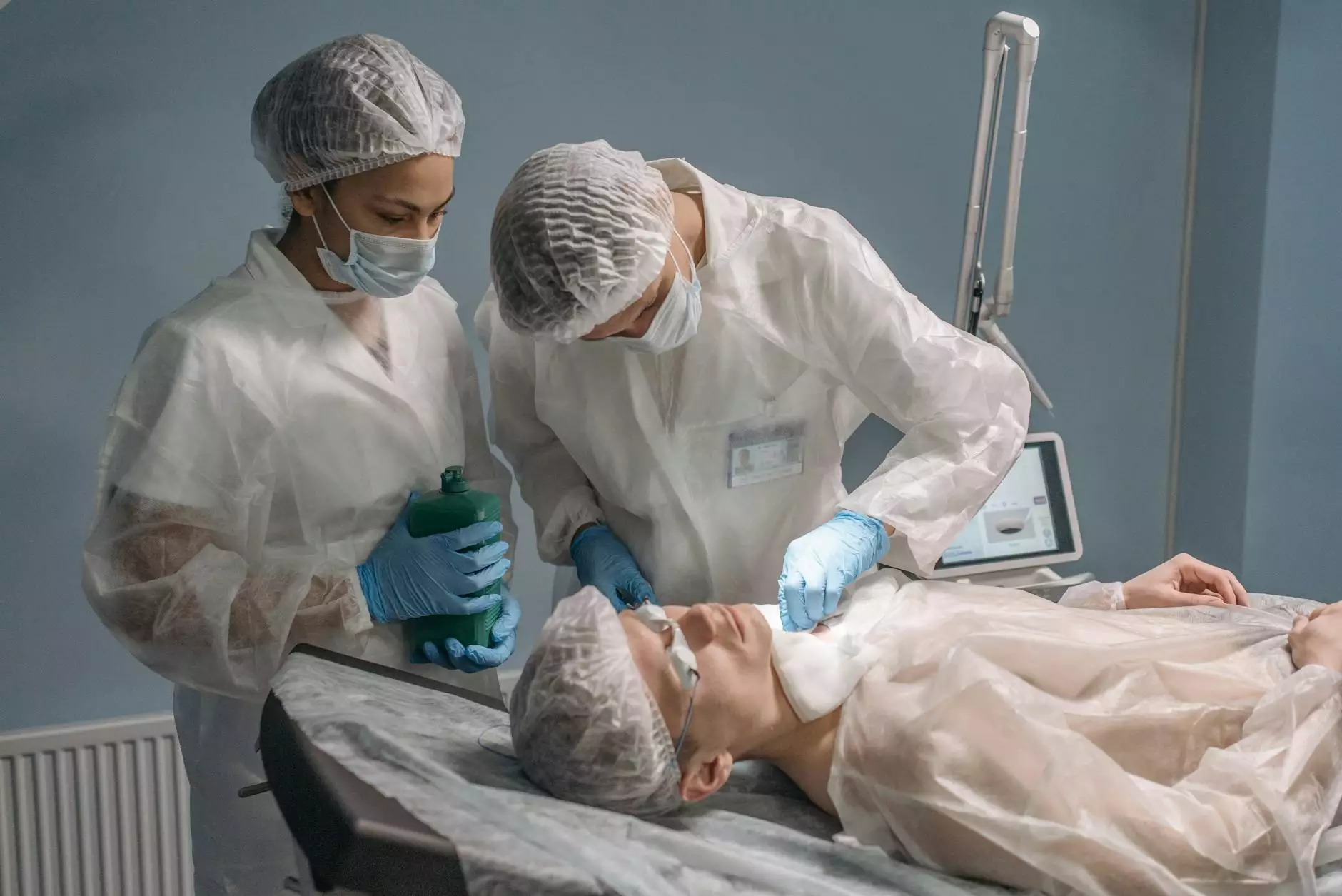Comprehensive Guide to Effective Insecticide for Rice Bug Control and Enhancing Farm Productivity

Rice pests, particularly rice bugs, pose a significant threat to agricultural yields and farmers' profitability worldwide. Managing these pests effectively requires a combination of advanced farming equipment, integrated pest management strategies, and, importantly, the right insecticide for rice bug. At TSGC Inc., we are committed to supporting farmers with premium farm equipment repair and farming equipment solutions, ensuring pest control success and optimized crop production.
Understanding Rice Bugs and Their Impact on Rice Cultivation
Rice bugs, primarily including species like the Leptoglossus gonagra and other hemipteran pests, are notorious for damaging rice crops, affecting both yield and quality. These pests feed on grains, causing discoloration, deformity, and, in severe cases, complete crop loss.
Early detection and effective control measures are crucial in minimizing the economic impact of rice bugs. Knowing their life cycle, feeding habits, and preferred habitats helps tailor pest management strategies effectively.
The Importance of Selecting the Proper Insecticide for Rice Bug
Choosing the right insecticide for rice bug is vital for successful pest eradication. The ideal insecticide should offer broad-spectrum activity, rapid knockdown effect, and, most importantly, minimal environmental impact. Additionally, compatibility with existing farm equipment ensures efficient application and cost-effectiveness.
Factors influencing the selection include:
- Insecticide efficacy: Proven effectiveness against specific rice bug species
- Mode of action: Ensures resistance management and prolonged protection
- Application method: Compatibility with available farming equipment
- Safety profile: Low toxicity to humans, animals, and beneficial insects
- Cost-effectiveness: Value for investment and overall farm economics
Types of Insecticides Recommended for Rice Bug Management
Farmers should consider integrating various classes of insecticides into their pest control regime to enhance effectiveness and resistance management. Here are some recommended categories:
1. Pyrethroids
Pyrethroid insecticides, such as permethrin and deltamethrin, provide rapid knockdown action against rice bugs. They are widely used due to their high efficacy and quick residual effect. Pyrethroids are compatible with most modern farming equipment and facilitate broad-area coverage.
2. Organophosphates
This class includes chlorpyrifos and malathion, offering potent control with systemic action. Organophosphates are particularly useful during the early stages of infestation but require careful handling due to their toxicity.
3. Neonicotinoids
Agents like imidacloprid and thiamethoxam provide systemic protection by being absorbed by the plant, making them effective against pests feeding on rice grains and leaves.
4. Bio-Insecticides and Botanical Products
For sustainable pest control, bio-insecticides based on Bacillus thuringiensis or botanical extracts like neem oil offer environmentally friendly alternatives. They are especially suitable for farmers seeking organic solutions or reducing chemical residues.
Implementing an Effective Pest Management Program with the Right Insecticide for Rice Bug
Successful rice bug management involves an integrated approach combining chemical, biological, and cultural controls. Here are best practices for deploying insecticides effectively:
- Accurate pest identification: Confirm rice bug presence before application.
- Timed applications: Apply insecticide during peak pest activity, typically during the early or larval stages.
- Proper dosage and equipment calibration: Use recommended application rates with well-maintained farming equipment to ensure uniform coverage.
- Adherence to safety guidelines: Protect workers and environment by following label instructions and safety protocols.
- Rotation of insecticides: Prevent resistance buildup by alternating active ingredients.
- Monitoring and evaluation: Continuously track pest levels and adjust strategies accordingly.
Role of Advanced Farming Equipment in Pest Control and Crop Management
Modern farming equipment plays a pivotal role in optimizing pest control efforts, including application of insecticides. Reliable, precise, and efficient machinery allows for:
- Accurate spray coverage over large fields
- Minimized wastage of chemical inputs
- Reduced labor costs through mechanization
- Enhanced safety by ensuring proper handling and application
- Compatibility with various types of insecticide formulations
At TSGC Inc., we specialize in farm equipment repair and supply modern farming equipment tailored for pest management and crop cultivation. Investing in top-quality machinery supports sustainable farming practices and boosts overall productivity.
Innovations in Farm Equipment and Their Impact on Pest Management
Recent innovations such as precision sprayers, drone-assisted application, and automated systems have revolutionized pest management. These technologies facilitate targeted insecticide application, reduce environmental footprint, and improve overall efficacy.
Leveraging these advanced tools ensures timely interventions, minimizes chemical usage, and maximizes crop health. Collaborating with trusted providers like TSGC Inc. ensures access to high-quality equipment and expert maintenance services vital for long-term success.
Environmental and Regulatory Considerations in Pest Control
Using the right insecticide for rice bug must align with environmentally sustainable practices and comply with local regulatory standards. Selecting biodegradable, low-toxicity options reduces farm environmental impacts and ensures consumer safety.
Farmers must stay updated on regulations governing pesticide application and disposal, adopting integrated pest management approaches that prioritize the health of ecosystems, beneficial insects, and farmworkers.
Training and Support for Effective Pest Management
Proper training on insecticide handling, application techniques, and equipment maintenance significantly influences the success of pest management strategies. TSGC Inc. offers comprehensive support, including:
- Expert training programs for farm workers
- Equipment servicing and repairs
- Consultation on integrated pest management strategies
- Supply of high-quality pesticides and application tools
Empowering farmers with knowledge and technology ensures effective crop protection and sustainable farming practices.
Conclusion: Achieving Successful Rice Cultivation through Optimized Pest Control
Effective management of rice bugs hinges on the judicious use of the insecticide for rice bug, combined with high-quality farming equipment and integrated pest management strategies. At TSGC Inc., we dedicate ourselves to providing farmers with reliable equipment, expert repair services, and innovative solutions tailored to their needs.
Investing in the right insecticide, modern application technology, and continuous education will help maximize yields, protect the environment, and ensure the long-term sustainability of your rice farming operations.
For expert advice, top-tier farm equipment, and pest control solutions, contact TSGC Inc. today and take your rice cultivation to the next level!









